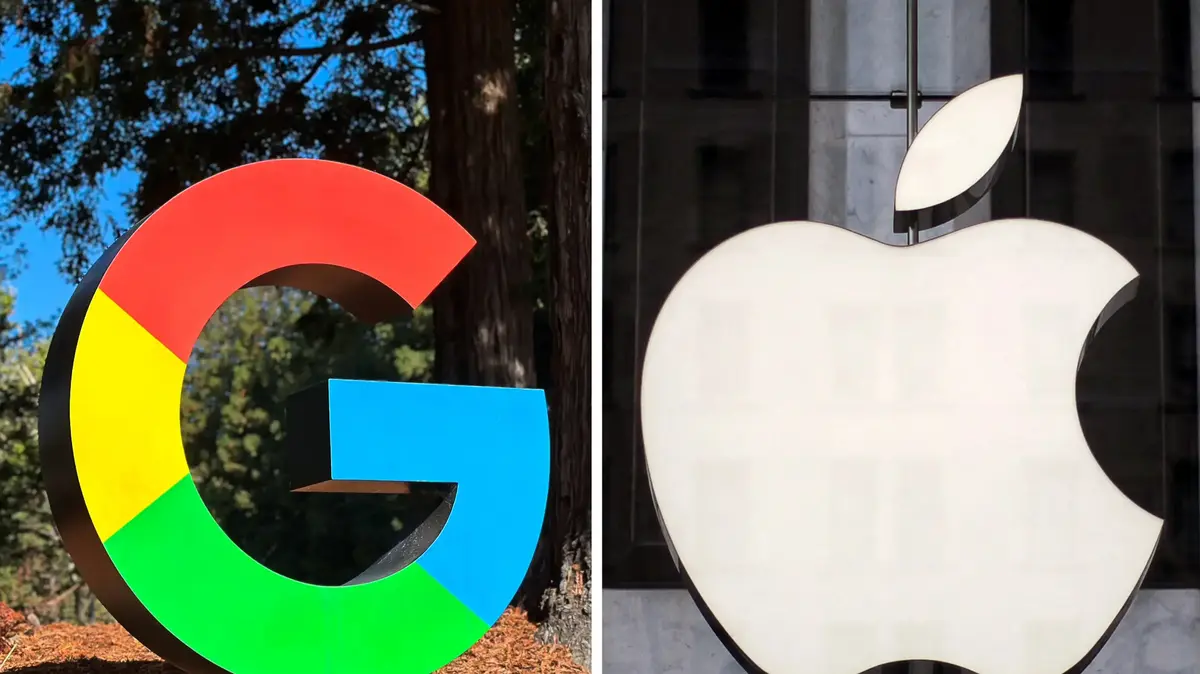Artificial intelligence is not going to be smarter than us.Artur Galocha
Artificial intelligence has been with us for more than 50 years, but it was not until a few years ago when, with the improvement of the storage and computing capacity of computers, it is becoming applicable in practice.
The fact that artificial intelligence is encapsulated in a multitude of applications for different domains (banking, medicine, social networks, virtual stores, etc.) has contributed to the popularity of the term "smart" when referring to software or objects. Sometimes giving us the wrong idea and making us think that machines will become as intelligent as we (or even more) and will supplant us. Although the reality is very different, what is undeniable is that intelligent systems are going to be an almost ubiquitous tool that will help us carry out our tasks.
One of the most popular branches of artificial intelligence today, and the one that is proliferating the most, is machine learning. Its main characteristic is the use of data sets from which its algorithms learn through a process called “training”. An example of the use of machine learning, published in
The Lancet
, is an experiment where researchers trained an algorithm with X-rays of healthy and cancer patients, and proved that the algorithm was able to predict disease with greater precision than radiologists who participated in the study.
However, data is a double-edged sword.
On the one hand, their learning is what makes algorithms "smart" but, on the other hand, they can make algorithms present biases.
Let's suppose the creation of an artificial conversational agent (or
chatbot
) capable of talking about general topics.
The data necessary to train its algorithm are millions of conversations between human persons, which are normally extracted from the internet.
More information
Brussels will force a judge to authorize the use of facial recognition and only for specific cases
The EU puts limits on artificial intelligence but forgets autonomous weapons
Numerous attempts to create
chatbots
they have been racist, homophobic, xenophobic, sexist and have ended up generating hate speech. Although there are those who accuse algorithms of being biased, to what extent can we blame them if they learned from what they saw?
The first signs that the algorithms presented attacking diversity or minority groups took their creators by surprise, and even damaged the corporate image. This is the case with Google when in 2015 its Photos application mistook African Americans for gorillas. To avoid these unconscious biases, a series of policies are beginning to be defined that establish what is ethically correct and what is not. With these ethical guidelines, engineers define metrics to detect possible biases, pay special attention to the data with which their products are trained, carefully choose the most suitable algorithm and validate their behavior after training.
Another problem that hinders the adoption of artificial intelligence comes from the lack of transparency. Returning to the previous medical case, given an X-ray, the algorithm is able to tell us what the probability is that the patient has cancer, but it is not able to tell us what has led him to that diagnosis. Another example with media coverage is the COMPAS software, used in the United States to predict the recidivism of criminals, which only shows a probability, but does not support it.
This lack of transparency is not intentional, but is given by the nature of the algorithms.
Many of them reduce the problem to complex mathematical calculations, where it is practically impossible to know the meaning of their intermediate calculations (that is, why) and where it is only possible to interpret the final result.
Although this limitation may be irrelevant at times (for example, it is not crucial to know the reason why an
online
store
suggests a product), it is critical in systems that influence decision-making in areas such as medicine or the system judicial, where a wrong or uninformed decision has important consequences.
Currently, there are many research initiatives whose objective is to provide techniques for the extraction of information from these black box-type algorithms (opaque for the user), and the creation of new algorithms that, being just as effective, shed more clarity on their results. .
Despite the advantages, disadvantages and challenges of artificial intelligence, it is undeniable that it is here to stay.
Compared to sciences such as mathematics or physics, computer engineering is a relatively new and generally unregulated area.
However, just as a few years ago data protection began to be ensured (which gave rise to the European GDPR law), now initiatives are beginning to appear both at the corporate level (eg Google and Microsoft) and government (eg European Commission) to ensure compliance with transparency and ethical principles.
And, without a doubt, this is just the beginning of what is to come.
Lola Burgueño Caballero
is a Postdoctoral Researcher at the Open University of Catalonia.
Chronicles of the Intangible
is a space for the dissemination of computer science, coordinated by the academic society SISTEDES (Society for Software Engineering and Software Development Technologies).
The intangible is the non-material part of computer systems (that is, software), and its history and its evolution are related here.
The authors are professors from Spanish universities, coordinated by Ricardo Peña Marí (professor at the Complutense University of Madrid) and Macario Polo Usaola (professor at the University of Castilla-La Mancha).
You can follow EL PAÍS TECNOLOGÍA on
and
.









